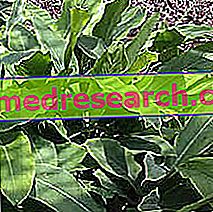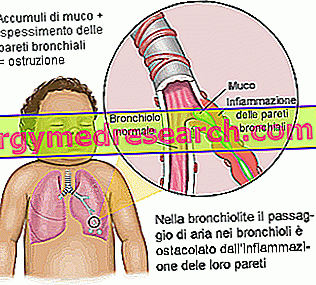
Scientific name
visnaga; Ammi majus L.Family
ApiaceaeOrigin
Central-Southern Europe.Synonyms
Visnaga or rizzomolo
Used Parts
fruitsChemical constituents
- Essential oil;
- Flavonoids;
- Furocromoni (visnagina and kellina);
- Furocoumarines.
Ammi in Herbalist: Property of the Ammi or Visnaga
The visnaga has spasmolytic activity (kellina) at the level of the smooth muscles of the coronary arteries, the bronchi and the urinary tract; as such, it is indicated in the presence of spastic component cough (pertussis), bronchial asthma, biliary, intestinal and renal colic, angina pectoris, asthmatic or spastic bronchitis, but it cannot be used as a phytotherapy for healing purposes.
Given the photosensitizing activity, ammi facilitates skin repigmentation in the presence of white spots on the skin; its use is prohibited in the cosmetic field.
Side effects
No side effects have been reported at the recommended doses. Excessive doses of Ammi can cause headaches, dizziness, vomiting and diarrhea, with intestinal cramps.
Pharmacological Interactions
Due to the low use in therapy, the pharmacological interactions of visnaga are not known.Ammi - Warnings
Due to the presence of furocumarine the plant is photosensitizingNote
Ammi majus L. does not contain kellina and is used as a source of substances to produce psoralens, drugs indicated in vitiligo.



